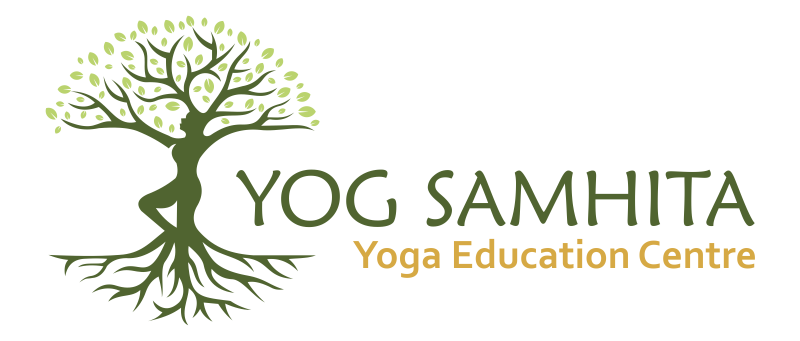Beyond Flexibility: Embracing the True Essence of Yoga for Overall Well-being

In a world often focused on achieving physical perfection and flexibility, the true essence of yoga extends far beyond contorting the body into impressive poses. While flexibility is indeed a valuable byproduct of regular practice, yoga’s core purpose is to cultivate holistic well-being—nurturing the mind, body, and spirit in harmony. Let’s delve into the profound aspects of yoga that go beyond mere physical flexibility, emphasizing its transformative power for overall well-being.
1. Mindful Movement and Breath:
At the heart of yoga lies the synchronicity of movement and breath. The practice encourages practitioners to move with intention, linking each movement to the rhythm of the breath. This mindful approach not only enhances physical coordination but also cultivates a deep sense of presence and awareness, fostering mental clarity and focus.
2. Stress Reduction and Relaxation:
Yoga serves as a sanctuary in the midst of life’s chaos, offering tools to manage stress and promote relaxation. Through asanas (physical postures), pranayama (breath control), and meditation, practitioners learn to release tension, calm the nervous system, and attain a state of inner tranquility—essential components for overall well-being in our fast-paced lives.
3. Emotional Resilience:
Yoga is a powerful ally in the journey towards emotional resilience. The practice encourages self-reflection and mindfulness, allowing individuals to navigate and understand their emotions more effectively. By fostering emotional intelligence, yoga becomes a transformative tool for managing life’s challenges with grace and resilience.
4. Cultivating Self-compassion:
Yoga encourages practitioners to embrace self-compassion and self-love. The non-competitive nature of the practice invites individuals to honor their bodies and progress at their own pace. This gentle self-acceptance extends beyond the mat, fostering a positive relationship with oneself and, in turn, with others.
5. Connection to the Present Moment:
The mindful nature of yoga anchors individuals in the present moment. By letting go of past regrets and future anxieties, practitioners experience a profound sense of peace. This connection to the present becomes a valuable antidote to the stressors of modern life, promoting mental well-being and a heightened sense of joy.
6. Holistic Physical Fitness:
Yoga provides a holistic approach to physical fitness, combining strength, flexibility, and balance. Beyond the pursuit of a perfectly toned physique, the emphasis is on cultivating a body that functions optimally, supporting overall health and vitality.
7. Spiritual Exploration:
While yoga is not inherently religious, it offers a path for spiritual exploration and self-discovery. Through practices such as meditation and mindfulness, individuals can deepen their connection with the inner self, explore their life’s purpose, and foster a sense of meaning and fulfillment.
8. Community and Support:
Yoga communities provide a supportive environment for personal growth and well-being. The shared journey of self-discovery creates bonds among practitioners, fostering a sense of belonging and support that extends beyond the confines of the yoga studio.
In embracing the true essence of yoga, we transcend the limits of physical flexibility to embark on a journey of holistic well-being. Beyond the impressive postures, yoga becomes a transformative practice that nourishes the mind, nurtures the spirit, and enhances the overall quality of life. As we step onto the mat, let us remember that the true beauty of yoga lies not in achieving perfection but in experiencing the profound and enduring benefits it offers for our entire being.

